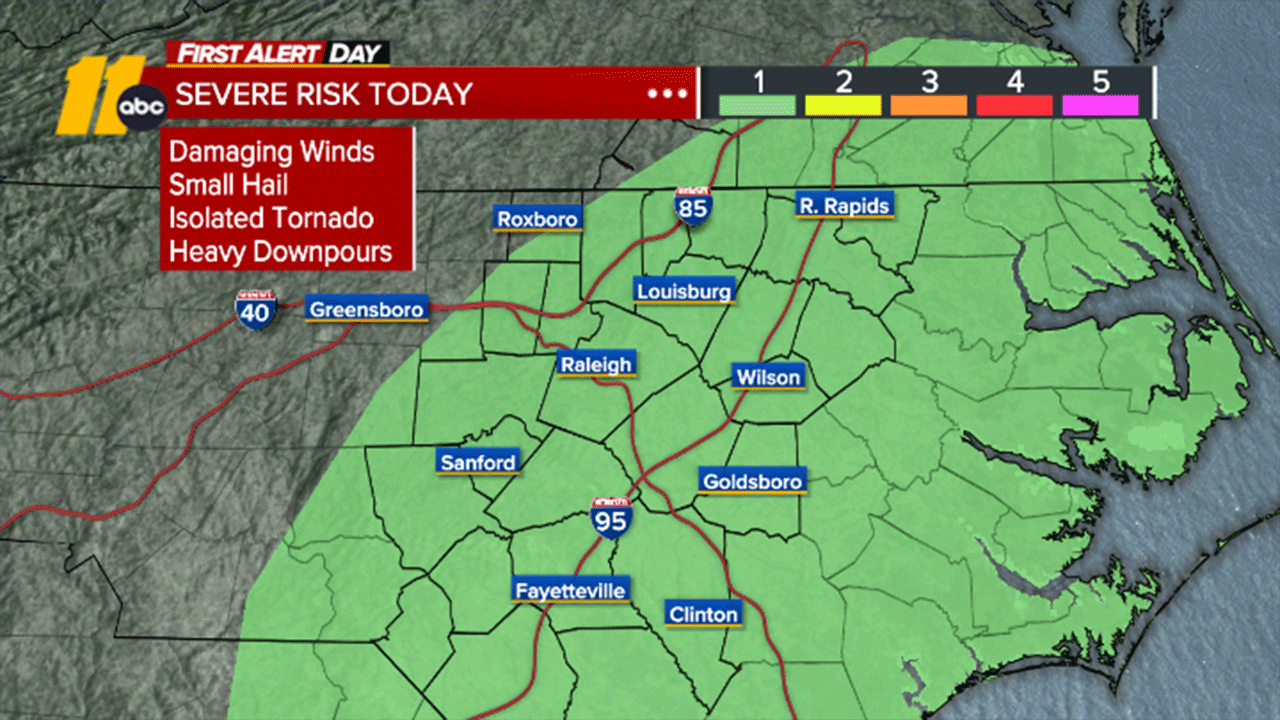Law regulating release of body cam footage in effect Oct. 1

RALEIGH (WTVD) -- Effective Oct. 1, 2016, North Carolina House Bill 972 will become law. The bill prevent police recordings from being public record and only allow such a release under a court order from a Superior Court judge.
With the recent shooting death of Keith Lamont Scott in Charlotte, many have speculated what this will mean for North Carolinians.
Friday, Sen. Phil Berger sent a letter to Charlotte Mayor Jennifer Roberts urging her to release all the tapes of the Scott shooting; as the City of Charlotte is the sole custodian of the tapes.
READ THE FULL TEXT OF HOUSE BILL 972 (.PDF)
Once HB972 goes into effect, Roberts no longer has the authority to release the tapes. She would have to follow the same process, as any other citizen would, via the Superior Court.
On Friday evening, the Charlotte-Mecklenburg Police Department said in a tweet that it plans to release the remaining dash and body cam videos in the Keith Scott case next week after it is reviewed by members of Scott's family.
Sen. Bob Rucho, who represents District 39 in Mecklenburg County says the new law makes it easier to get the footage.
"You see the problem with it prior to the passage of the law is when you requested it of them and they said no, you were out of options to get that thing released," Rucho told ABC11. "Now you have a vehicle to go to an unbiased, non-political court, and let them make the decision of behalf of the will of the people. And in the sake of transparency so the facts can be put on the table."
RELATED: NEW LAW MAKES POLICE CAM FOOTAGE OFF LIMITS TO PUBLIC
For months, the law has been praised as promoting clarity, uniformity, and transparency. Department of Public Safety Secretary Frank L. Perry said there shouldn't be any confusion in how the law is viewed.
"The ACLU was at the table, law enforcement, victims were at the table. And to characterize it as shutting down public disclosure is false. It's a false characterization," Perry said.
The ACLU believes the law is burdensome and will cost people time and money.
"When we think about body cameras as tools that can really promote accountability and transparency, this law really limits their ability to do that," said ACLU policy counsel Susanna Birdsong.
The law is divided into two categories: disclosure and release.
Under the disclosure aspect, a person whose image or voice is on a police recording can ask to view the recording in question. They will not be able to record or copy that. The law enforcement agency in question, however, has the authority to deny the person's request. If the law enforcement agency denies the request or fails to respond to the request in three days, the person asking can go to the Superior Court.
A Superior Court judge can also deny a person's request as well. The same applies for law enforcement recordings.
Is going to Superior Court to request the recording free? Not exactly. Media outlets do not fall under a "protected category" that would waive the $200 civil filing fee associated with the Superior Court.
Would a private individual have to go through Superior Court for a recording if the original request was made prior to October 1 and another request is made after HB972 goes into effect? Yes.
According to the Department of Public Safety, old requests would be grandfathered into the new law.
Example: If a citizen went to their local police department for a recording and was told no, effective October 1, they can now go through Superior Court to obtain the recording; regardless of a previous decision made by a mayor, city council, police chief, etc.
"The decision is still ultimately up to a judge to show to release or not to release. And I think it creates an unnecessary barrier for people who want to access that footage," Birdsong said.
ABC11 reached out to Charlotte Mayor Roberts and Charlotte-Mecklenburg Police Department Chief Kerr Putney for a response to Sen. Berger's letter. Neither has responded to our request.













